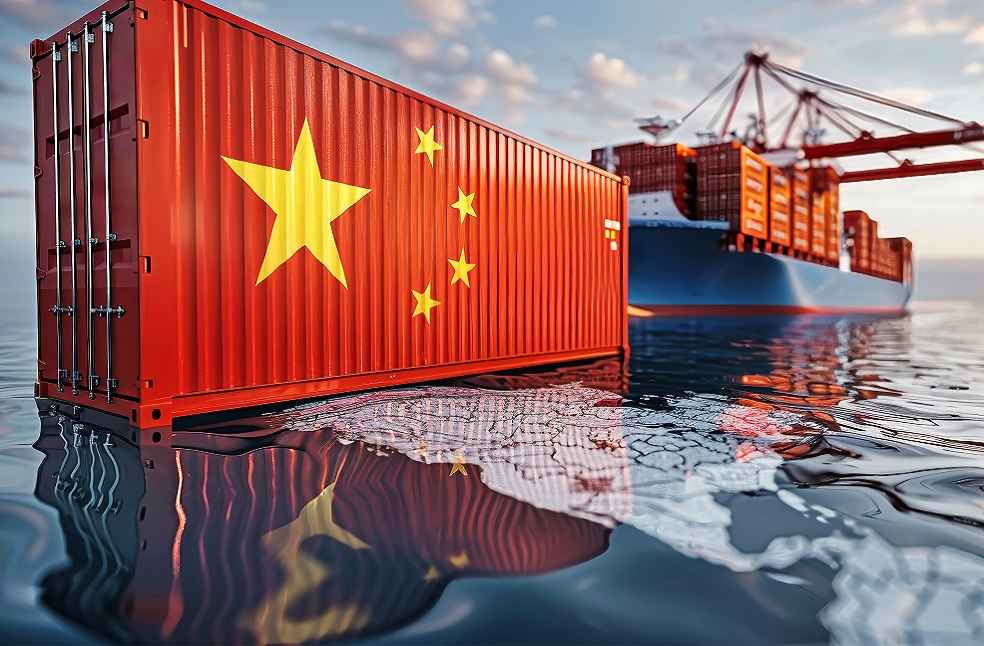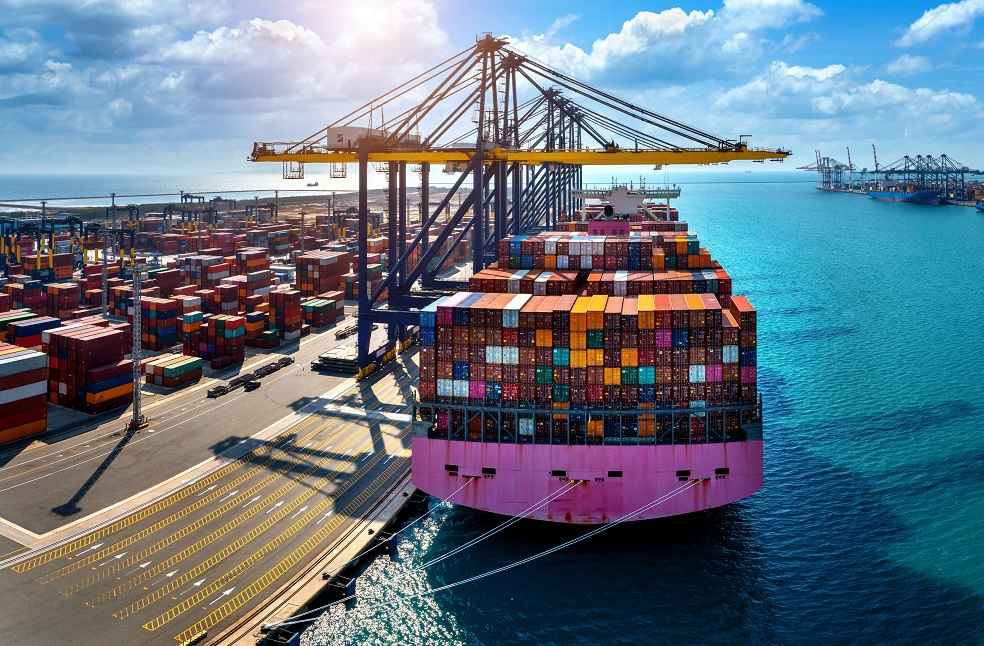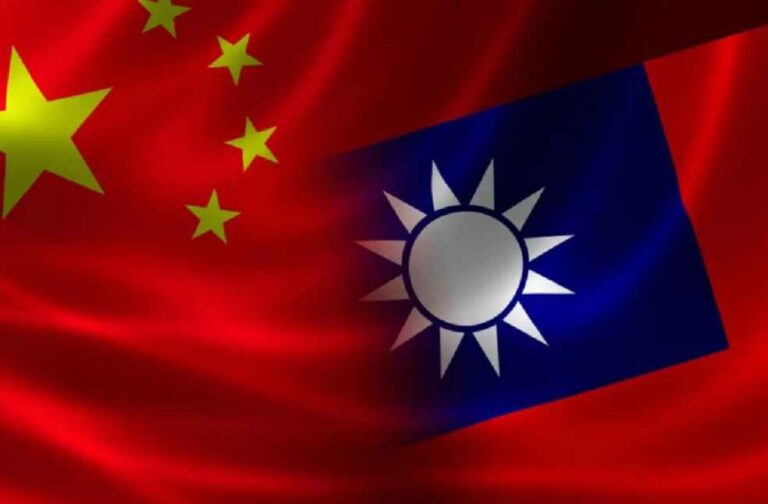Taiwan’s Mainland Affairs Council (MAC) has condemned China’s ‘economic oppression’ following Beijing’s warning of countermeasures against Taiwan’s trade restrictions. China’s Ministry of Commerce criticized Taiwan for not addressing trade barriers affecting Chinese goods.
The Ministry of Commerce announced that Taiwan’s restrictions on over 2,000 Chinese products were identified as trade barriers and urged their removal. In response, Taiwan’s MAC expressed regret but committed to minimizing the impact on the island.
Zhu Fenglian, spokesperson for China’s Taiwan Affairs Office, supported possible further actions and attributed Taiwan’s inaction to the Democratic Progressive Party’s stance on independence. She blamed the rejection of the ‘1992 consensus’ for undermining cross-strait negotiations and held Taiwan responsible for the situation.

The trade dispute centers on Taiwan’s import restrictions on 2,455 Chinese products. Taiwan’s Ministry of Economic Affairs called for negotiations under the World Trade Organization framework.
China’s warning followed Taiwanese President Lai Ching-te’s National Day speech, where he reaffirmed Taiwan’s sovereignty and stated that Taiwan and China are not subordinate to each other. The Taiwan Affairs Office criticized the speech as destabilizing.
The MAC warned that China’s economic pressure would increase resentment in Taiwan and said China must take responsibility for any fallout. It urged Beijing to recognize the Republic of China (ROC) and engage in constructive dialogue.

Tensions have risen since China suspended preferential tariffs on 134 Taiwanese imports in June 2023, shortly after President Lai took office, as part of its broader economic pressure on Taiwan.
The ‘1992 consensus,’ which Beijing views as a basis for cross-strait negotiations, remains a sticking point. The DPP rejects it, arguing it implies Taiwan is part of China.
The MAC urged China to adopt a pragmatic approach, respect Taiwan’s sovereignty, and pursue economic dialogue based on mutual recognition.
TRADE WORLD | Pakistan Seeks Stronger Trade Ties with Saudi, Aiming to Boost $4.6B Volume



